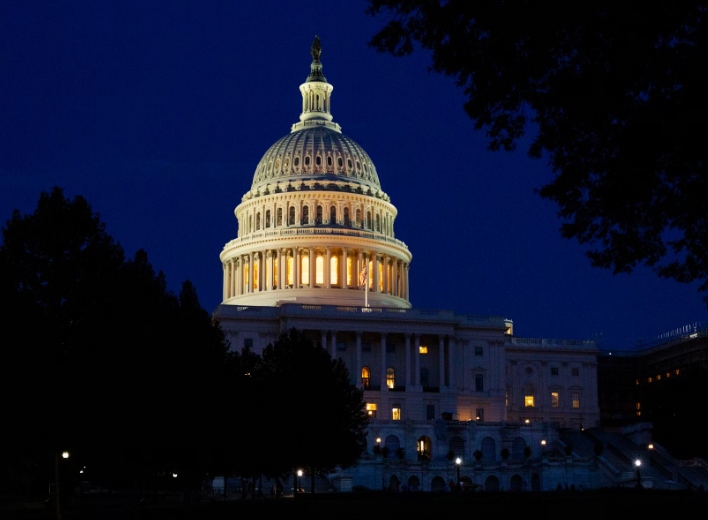Advocacy and Social Media: Harnessing the Power of Online Platforms
With the rise of social media platforms, advocacy efforts have found a powerful tool to amplify their message and reach a wider audience. Social media has revolutionized the way people communicate and connect, and it has become an essential tool for activists and advocates to raise awareness, mobilize support, and effect change.
One of the key advantages of using social media for advocacy is the ability to reach a global audience. Platforms like Facebook, Twitter, and Instagram have billions of users worldwide, creating an unprecedented opportunity to connect with people from diverse backgrounds and cultures. This reach allows advocates to transcend geographical boundaries and engage individuals who may have never been exposed to their cause otherwise.
Another significant benefit of using social media for advocacy is the ability to share information easily and quickly. Through posts, tweets, and shares, advocates can disseminate news, statistics, and stories that are crucial to raising awareness about their cause. Social media allows for the rapid dissemination of information, enabling advocates to keep the public informed and engaged in real-time.
Furthermore, social media provides a platform for advocates to build and nurture communities. By creating groups, pages, or hashtags dedicated to their cause, advocates can bring like-minded individuals together in one virtual space. These communities provide a support network for individuals passionate about the cause, fostering a sense of belonging and encouraging collaboration and collective action.
In addition to raising awareness, social media also offers advocates the opportunity to mobilize support and drive action. With the click of a button, users can sign petitions, donate to causes, or participate in online campaigns. Social media platforms provide advocates with the tools to organize events, rallies, and protests, amplifying their impact and enabling them to make their voices heard.
Social media has proven particularly effective in raising awareness and bringing attention to social justice issues. Movements such as #BlackLivesMatter, #MeToo, and #ClimateStrike gained significant traction through social media, sparking global conversations and driving real-world change. These movements harnessed the power of social media to amplify marginalized voices and hold those in power accountable.
However, while social media has undeniably transformed advocacy efforts, it is not without its challenges. The ease of sharing information and the ability to remain anonymous can lead to the spread of misinformation and the amplification of hate speech. Advocates must be vigilant in fact-checking and ensuring the accuracy of the information they share. Additionally, social media algorithms can create echo chambers, where users are only exposed to content that aligns with their existing views. This can hinder dialogue and limit the potential for meaningful discussions and understanding.
To make the most of social media’s power, advocates should develop a comprehensive strategy. They should identify their target audience, determine the most effective platforms for reaching them, and create engaging and shareable content. Consistency is key, as advocates need to maintain an active presence on social media to keep their cause relevant and in the public eye.
In conclusion, social media has become an invaluable tool for advocates, enabling them to raise awareness, mobilize support, and effect change on a global scale. By harnessing the power of online platforms, advocates can connect with a diverse audience, share information rapidly, build communities, and drive action. However, it is crucial for advocates to navigate the challenges posed by social media responsibly and strategically to ensure their message is heard and their goals are achieved.





